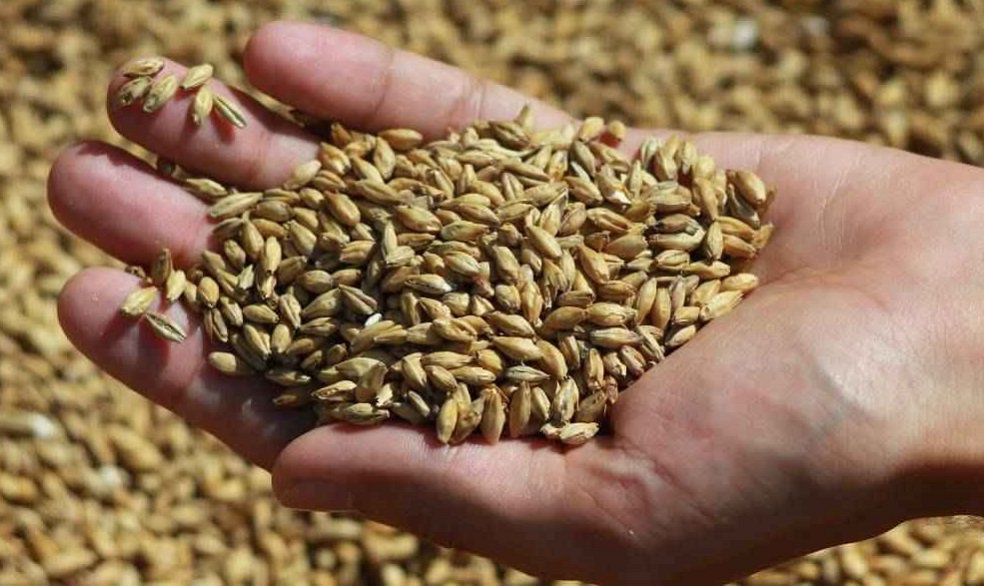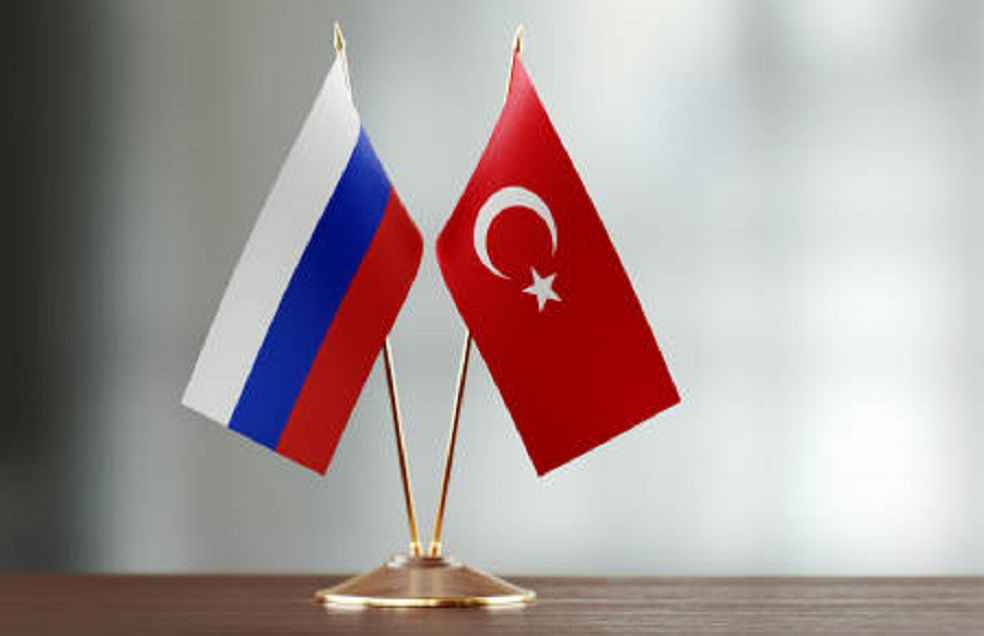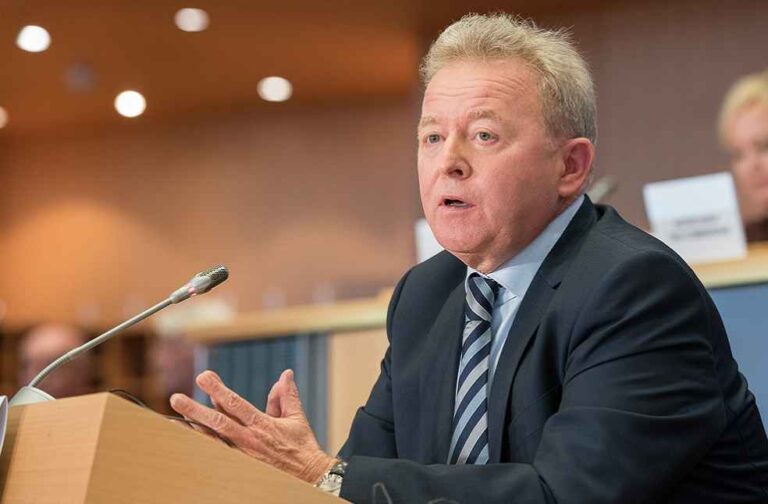The European Union is actively reviewing a proposal to extend a $652 million financial support mechanism for Ukrainian grain exporters. This initiative, unveiled by Janusz Wojciechowski, the European Commissioner for Agriculture, seeks to address the growing diplomatic challenges arising from the increased grain exports from Ukraine to its EU neighbors.
This proposed subsidy aims to alleviate the costs of transporting 20 million tonnes of grain to Baltic Sea ports, primarily in Germany and Poland. Historically, Ukraine directed approximately 50% of its grain exports through the volatile Black Sea route. The viability of this channel came under scrutiny when Russia, earlier this July, opted out of a UN-mediated agreement, escalating maritime security concerns.
After engaging in focused discussions with European Parliament representatives on Ukraine’s trade intricacies, Wojciechowski described the initiative as an optimal solution. The EU has recently seen heightened debates due to a marked increase in Ukrainian grain imports, especially in nations like Poland and Romania. This surge has highly affected the pricing ecosystem of local produce in these countries.

Highlighting the evolving landscape, Wojciechowski pointed out that before Russia’s aggression against Ukraine the previous year, Romania’s imports from Ukraine stood at a negligible amount. Now, the value stands at a staggering one billion euros in agri-food products, a change he views with concern.
Responding to these shifts, the European Commission sanctioned a temporary halt on specific Ukrainian grain exports to the five most impacted EU countries this past May. While this embargo is set to end on September 15th, Wojciechowski has been vocal about its potential extension, noting ongoing consultations at the Commission level.
Wojciechowski is poised to further evaluate the viability of his proposal in a forthcoming meeting with EU’s agriculture leaders in Spain. Expressing the gravity of the situation, he commented that the stance of member states will be pivotal in shaping their strategy. A formal announcement from the Commission is anticipated before the current embargo concludes.

On the operational front, Wojciechowski clarified that the allocated funds would be directed to the Ukrainian government. It would then be the responsibility of Kyiv to identify and allocate to the appropriate beneficiaries. The overarching aim, he stressed, is to bolster Ukraine.
Addressing potential challenges, Wojciechowski shared with MEPs that, with the existing embargo, only a minuscule 2-3% of Ukrainian grain exports passing through the five EU nations in question proceeded to external markets.
Elsewhere, Russia is exploring alternate trade strategies. A recent dialogue between Russia and Turkey hinted at a potential alternative to the Black Sea trade route, with Russia considering grain exports via Turkey at competitive prices. Although Qatar emerges as a potential partner in this venture, concrete agreements remain to be seen.

It’s worth noting that Ukraine, despite previous geopolitical challenges, maintained its position as a leading global grain exporter. The current complexities, as observed by figures like Irish left-winger Luke ‘Ming’ Flanagan, suggest that Ukraine’s grain export scenario will remain under the spotlight, especially as Kyiv continues its EU integration discussions with Brussels.
IMEX SECTOR | Ukraine-Turkey Grain Deal: FM Fidan Spearheads Trade Revival Talks



